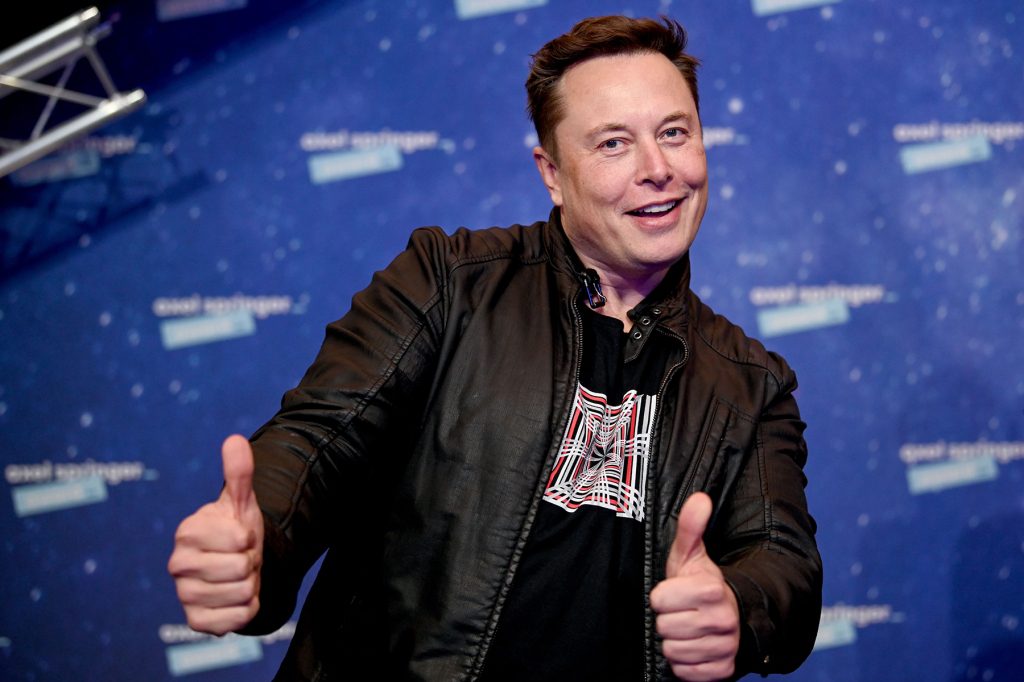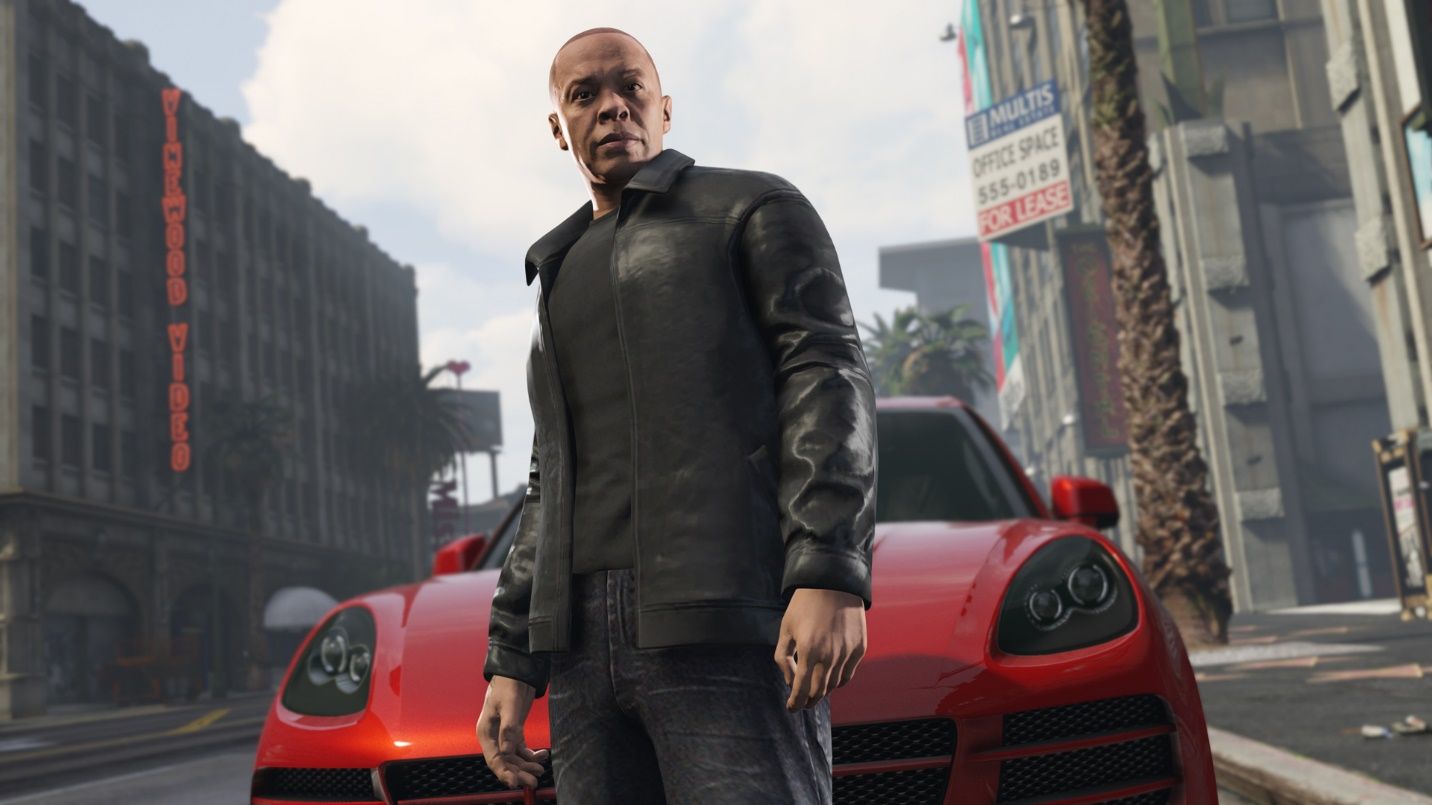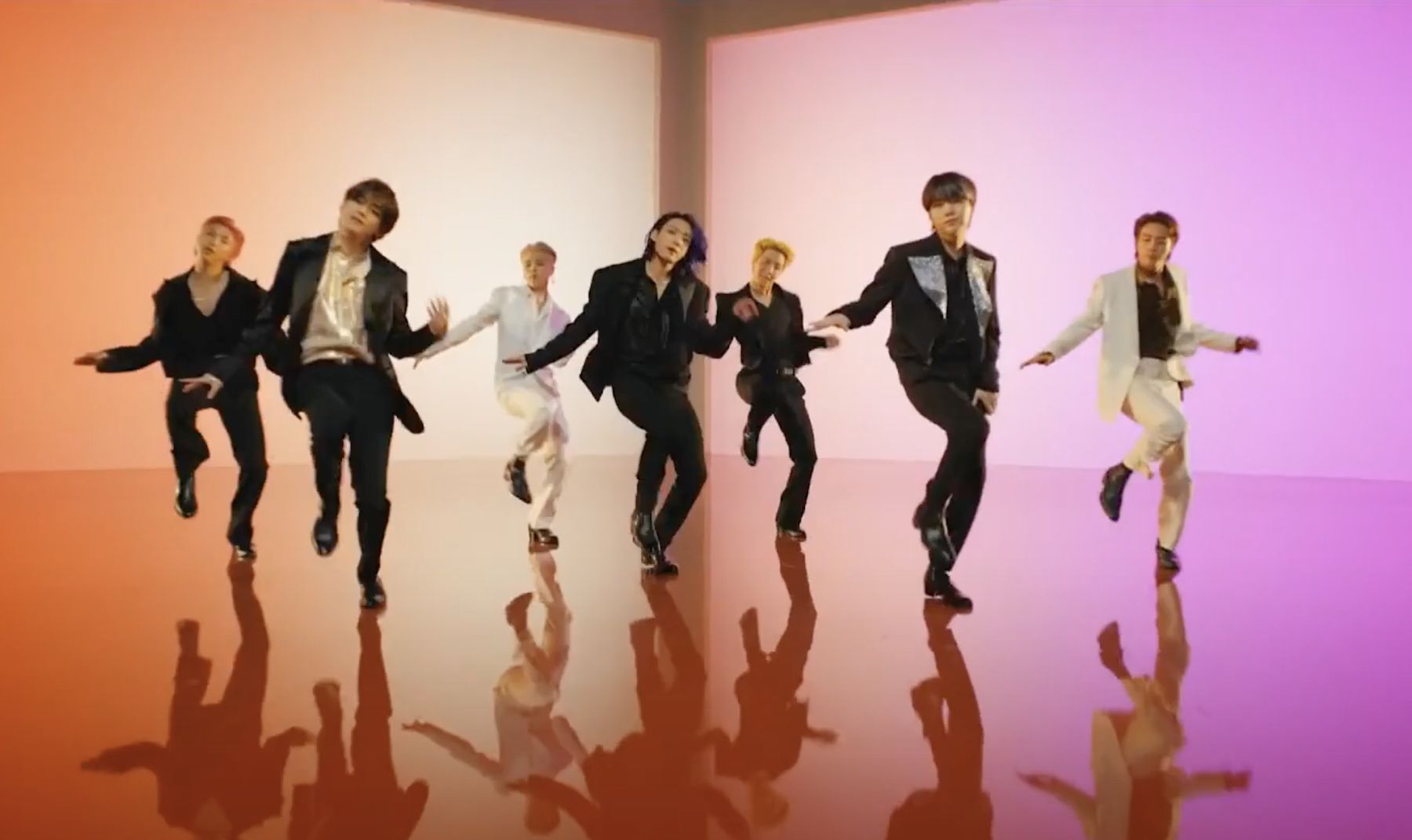
Alex Gibney Talks His Top-Secret Elon Musk Doc, ‘Boom! Boom!’ and Tom Cruise
Alex Gibney, perhaps the world’s most prolific documentary filmmaker at the moment, has an obsession with power — and hubris. He’s taken on everyone from corrupt corporate execs (Enron: The Smartest Guys in the Room) and the Church of Scientology (Going Clear) to Theranos grifter Elizabeth Holmes (The Inventor) and the Trump administration (Totally Under Control).
The 69-year-old Oscar winner’s latest is Boom! Boom! The World vs. Boris Becker, a two-part docuseries on Apple TV+ that chronicles the rise and fall of German tennis great Boris Becker, who won Wimbledon at the age of 17 — the first of six Grand Slam titles — before getting embroiled in a sex scandal and numerous financial scams that left him deep in debt and eventually landed him behind bars in 2022. (He got out in Dec. 2022 after serving eight months.) Boom! Boom! features interviews with Becker’s inner circle, from former manager Ion Tiriac and ex-wife Barbara to rival John McEnroe and the man Becker coached, Novak Djokovic. It also boasts a series of emotional, candid interviews with Becker that shed light on his complicated past, including one that occurred two days prior to his 2022 sentencing.
“He really had a reckoning with his soul,” Gibney says of Becker in that pre-prison interview. “He looked deep into the things he’d done wrong, and it was a sobering moment for him.” (Gibney says Becker’s seen the film and thinks it’s “fair.”)
Gibney took some time out from putting the finishing touches on a Paul Simon documentary and filming his top-secret Elon Musk doc to discuss Boom! Boom!, exploring Elon, and Scientology’s most famous member.
When did you get started on Boom! Boom!, and what inspired you to dig into it?
It was brought to me by my friend John Battsek, who’s a renowned documentary producer. John knew that I was a tennis freak — I play, but also watch — and he had been talking to Boris Becker, who was interested in doing a documentary about his life. This was in 2019. That was when I did those first series of interviews with Boris, walking the grounds of Wimbledon and so on. What Boris supplied was an ability to talk about the game in a way that was candid, honest, refreshing, and profane.
There’s this idea you explore throughout the film that his competitiveness and go-for-broke mentality on the court translated to his actions off the court.
I think that’s right. In Boris’s case, there’s another key element, too, and [Ion] Tiriac talks about it. He has this love for danger and risk. Putting his finger in the flame, but also, there’s this outtake footage we were able to get our hands on in 1991, where Boris says, “You know, sometimes I find myself not trying that hard for the first set or two, because I find that if I get down a set or two, it kicks in the adrenaline and I find another gear.” That’s playing with fire. It made for riveting tennis when he did come back, but it’s a tough way to live a life.
You could have almost done a separate documentary just on his “retirement night” party at Nobu in London in 1999, where after getting knocked out of Wimbledon he went for dinner with friends, had a quickie with a Russian waitress (while his wife was at home pregnant), and then got the waitress pregnant — only to deny it in the most outrageous of ways, even claiming they only engaged in oral sex and she inseminated herself.
He’s a character. There was the Nobu incident, and Boris said he would talk about it. There are the financial troubles, which hadn’t become criminal just yet. And then there’s his relationship with Germany, and the role he played in combatting racism when he married a Black woman in 1991. All that made him an intriguing character way beyond the tennis.
Boris has an interesting relationship with the truth. In the doc, he says he manned up and took responsibility following the Nobu incident, but the reality was anything but. This is one of several times throughout the doc where his version deviates from what happened.
It became a part of the exploration of his character. I’m intentionally ambiguous about it. He’s not Bernie Madoff, but he tells stories about his own life in ways that make his life look better at the time. So, what is that? Is that self-deception? Is it having a bad memory? Self-deception can be a valuable thing on the tennis court. You’re down two sets to love, and you convince yourself that you can come back and win. In real life, it helps to look back on your mistakes and reckon with them.
One element of the doc I wasn’t familiar with was his whole imbroglio with the Central African Republic, where in 2018 they reportedly offered him a job as an international attaché that would allow him to declare diplomatic immunity from his U.K. debts, but then it was revealed that the whole thing wasn’t real and had been arranged by a con artist, Stephan Welk. It seems Boris is very susceptible to grifters.
He is incredibly susceptible and naïve when it comes to these grifters. It’s like, “Oh, gosh! National Security Council? That sounds intriguing!” Really? You think you’re going to the National Security Council? I had Boris explain it to me back in 2019, and the explanation was very hard to understand. Then, I went back and did my research. It was even crazier than he made it sound. [Welk] is trafficking in stolen passports, the son of a billionaire ends up with one, and they know about it because he blows up his own Ferrari for the insurance money. You see a guy like Stephan Welk offering you a passport to a foreign country and you should run in the opposite direction as fast as you can possibly can. So, is it the kid with his finger in the flame thinking, “Oh, this is an intriguing adventure! This could be a way out of my problems!”
Your work over the last decade in particular has focused on the psyche of these larger-than-life figures who’ve gotten themselves into hot water.
I guess I’m interested in power. Boris doesn’t have power like Jeff Skilling or Eliot Spitzer had power, but his game had power. I was drawn to Boris because of the tennis, but what was interesting about him was the self-deception he engaged in that was both useful to him and problematic. You would see that in some of these other characters. Someone like Eliot Spitzer thought, “I can take these guys on — and not only that, but I’m so powerful that I can call escorts from a payphone and get away with it.” You have this sense of hubris. Hubris is interesting to me.
Your doc Totally Under Control covered the Trump administration’s Covid response. And now, Trump has been arrested. How do you feel about this news?
Al Capone was convicted for tax evasion, right? So, sometimes it’s the charge that sticks. It seems from afar, though I haven’t seen the indictment, that the Georgia case may be a stronger case, but there was a pretty compelling case made in The New York Times by two former federal prosecutors. It’s not peculiar, so why should Trump get away with it? To me, if you commit a crime, you should be charged. End of story.
I understand you’re working on a documentary right now on Elon Musk. What is the status of that film, and will it cover all the Twitter stuff? What’s the scope of it?
It’s broad. In some ways, I think it’s too early to tell what the film is going to be. In some ways, it’s about 21st-century power. There’s a long way to go before we get to the end of that film. But he’s an intriguing character. I suspect that Twitter will definitely play a role.
How long have you been working on the Musk film?
Eh, ya know, off and on. There was a background thing for me going, “Should I do it?” “Should I not do it?” But more intensely for some months now. And that kind of thing is more exploratory — talking to people, that sort of stuff. I make a lot of films, and each one of them takes quite a bit of time. I’m noodling on Musk.
Do you see any connective tissue between Musk and Elizabeth Holmes, the subject of your documentary The Inventor?
I do see some connection. Obviously, there are a lot of people out there who drive Tesla cars and like them, which makes it different from Elizabeth Holmes’ blood-testing machine, which never worked. But in characters like Musk and Holmes and Skilling, they’re storytellers. And, as Amanda Martin, a very high-ranking executive at Enron told me one time, “Where does marketing leave off and fraud begin?”
Elon Musk, world-renowned comedian.
BRITTA PEDERSEN/POOL/AFP via Getty Images
One thing that connects some of these people, like Musk and Holmes, is the false mythology that many of them create around themselves. When you look at someone like Musk retroactively listing himself as a “founder” of Tesla—
—He was the money man, yeah.
He came in with funding and to help design the Roadster, and then pushed the original founders out and took control of the company. And I think if you asked a hundred people on the street about that none of them would know.
No. They would think that he’s the inventor of the Tesla car — that he went to a laboratory and built it part by part.
How do you remain so prolific as a filmmaker? You really churn them out.
I mean, I work pretty hard, as my wife will tell you. But the process becomes one that’s not unlike writers who are maybe writing a number of articles at the same time, or who are working on something, put it aside, and come back to it later. Many of my films take some time, much to the chagrin of my producers. And it’s also about working with extraordinarily talented teams of people who are solely dedicated to one film. When you’re shooting something, you can’t focus on anything else. But when you’re in the cutting room, and you’re working with talented editors, sometimes it can be fun to dig in, suggest a structure, leave, and then come back and look at it — and you can do that with more than one film at a time. That happened to me by accident once with Gonzo and Taxi to the Dark Side. Suddenly, they were both in the cutting room at the same time, and I found it mentally useful because Taxi was so dark, but also editorially useful. Any filmmaker will tell you that sometimes you get pushed by a deadline, and wouldn’t it be great to walk away from your film for a month when you thought you had it nailed, and then you come back to it and instantly see the problems you need to fix?
I had the pleasure of seeing Going Clear at its Sundance premiere, which was pretty wild. Is Scientology still on your case? And I’ve done a lot of reporting on Scientology as well, so what’s it like to see Tom Cruise still be the king of Hollywood? It seems he hasn’t had to answer a single question about this stuff in the eight years since Going Clear.
I agree. And I’m kind of surprised. I think he took a step away, so he’s not the kind of ambassador for Scientology that he used to be — not like he was back in the day when he was making War of the Worlds and had a Scientology tent on the set. Being a star is super important to him. I agree, there hasn’t been any reckoning for him. It’s surprised me. There are stories about him that, if one could get people to go on the record, would be shocking. But they have to be willing to do it. And so far, they haven’t been.
The whole Trump-Stormy Daniels saga seems like potential documentary fodder for you or Errol Morris.
The Stormy Daniels story is a really interesting story, and there were various times where I was going to help various people do it. There’s a lot of interesting footage of her. Those stories are difficult because they’re playing themselves out every day in public, and I do a number of those stories involving public scandals, like Enron. You have to find a rationale — an enduring reason to dig deeper into them where it’s not just going to be a recitation of what’s happened so far.



